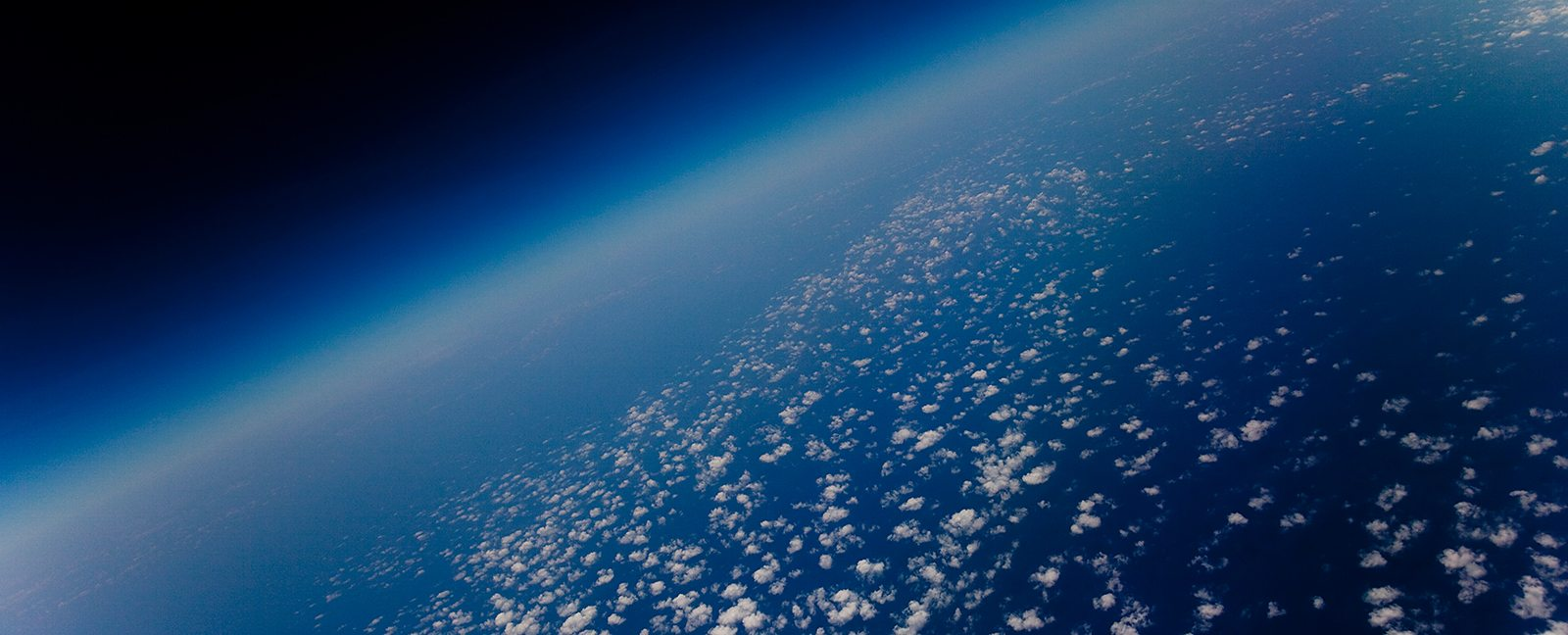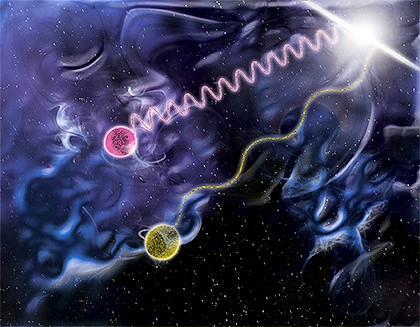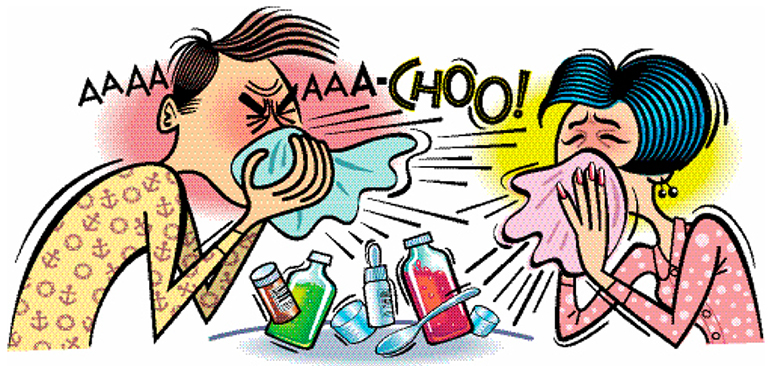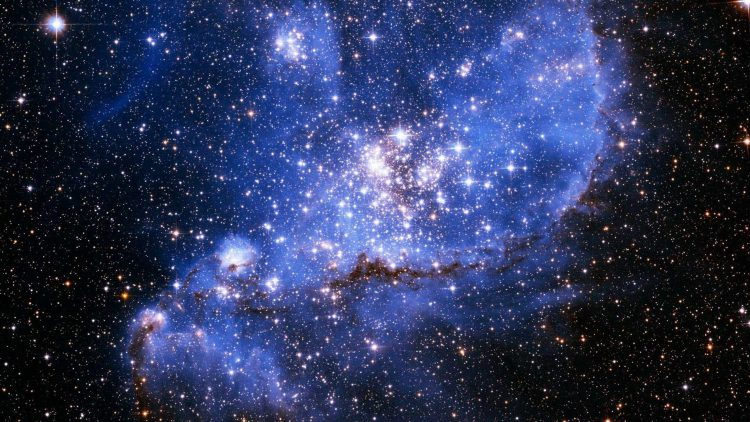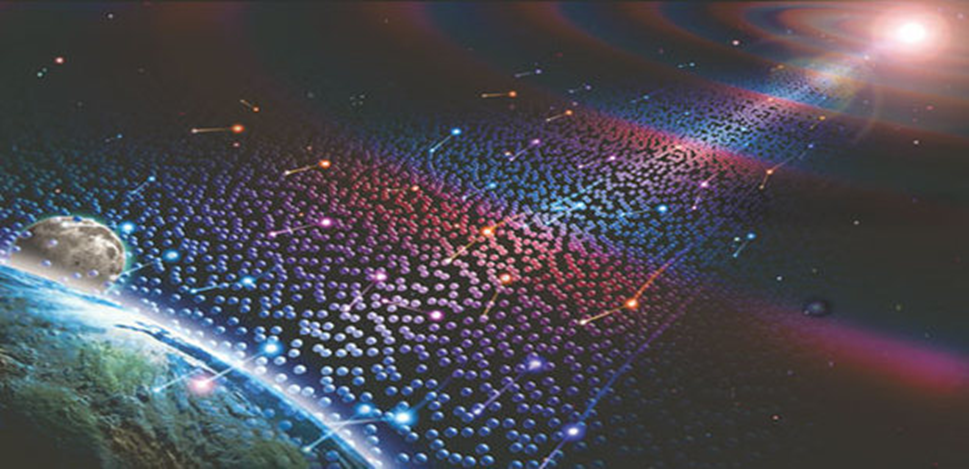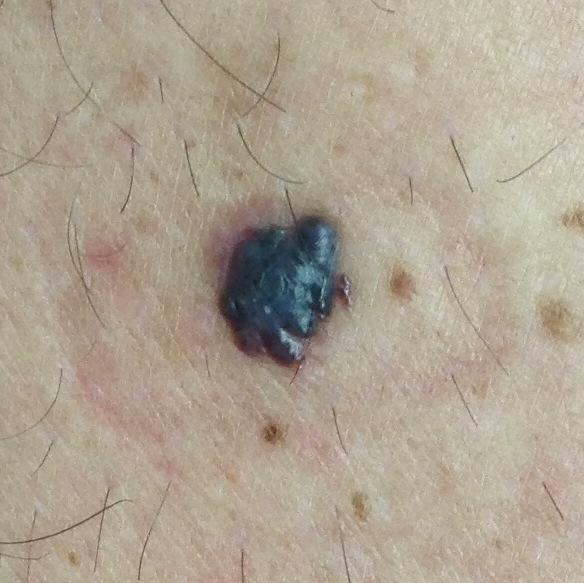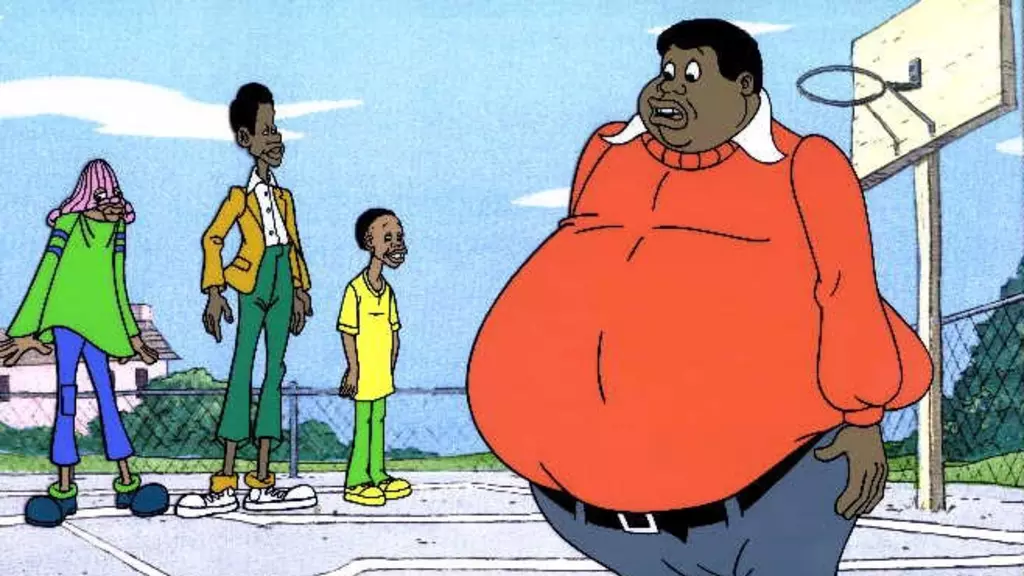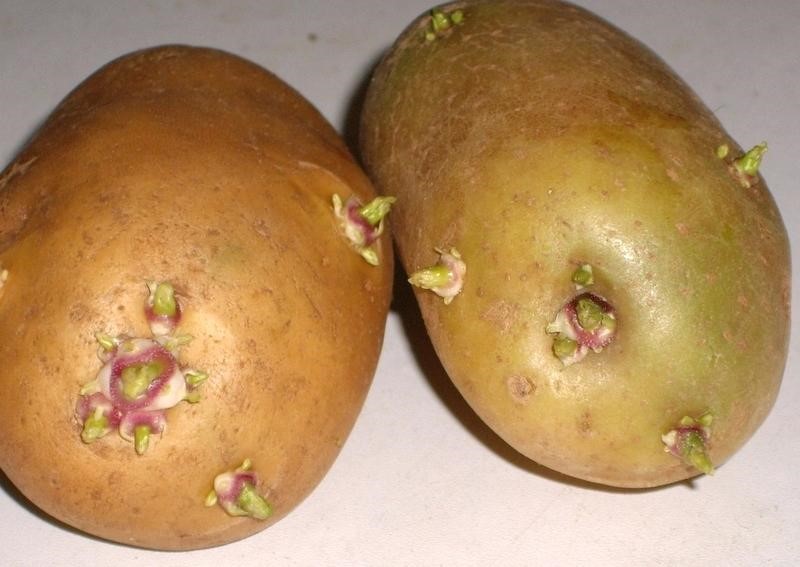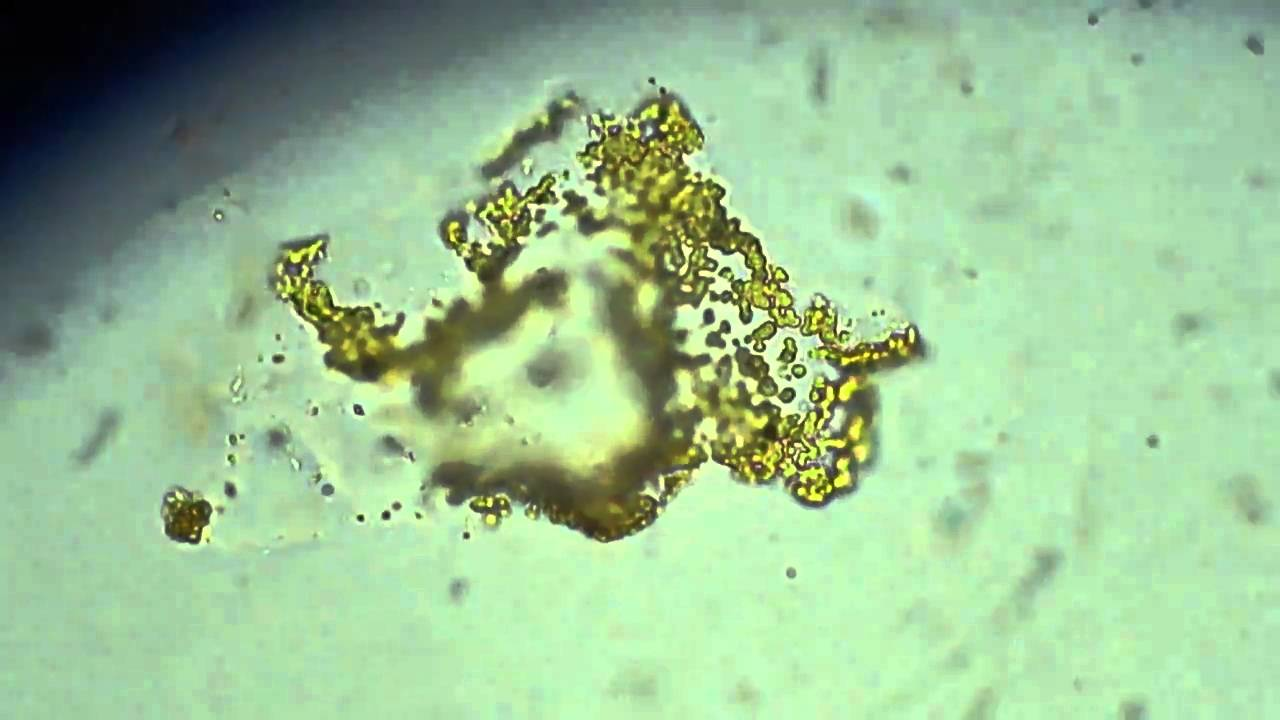Where does the Nitrogen in the air come from?
Living things and volcanic activity are an essential part of the Earth's ‘nitrogen cycle.’ Nitrogen makes up 78 per cent of the air we breathe, and it’s thought that most of it was initially trapped in the chunks of primordial rubble that formed the Earth. When they smashed together, they coalesced and their nitrogen content has been seeping out along the molten cracks in the planet’s crust ever since.
What do you know about Nicotine?
Nicotine is the main addictive ingredient of tobacco, nicotine is both a sedative and a stimulant. Cigarette smoke contains over 4000 different compounds When somebody smokes a cigarette his body is exposed to nicotine.
Scientist Discover a new form of Light
Light is a well-studied area and it’s not easy to make a transformative discovery in this field, but Irish scientists from Trinity College Dublin have done just that. They discovered a new form of light which is characterized by unique angular momentum.
New drug kills flu virus in one day, gets fast-tracked to approval
Japanese drug maker Shionogi has announced that test results showed that the drug kills the flu virus in 24 hours. With one pill.
Scientists Found a Galaxy with Almost No Dark Matter
Roughly 65 million light-years away from Earth is a galaxy called NGC 1052-DF2 (DF2 for short). But DF2 may as well be called F-U, because that’s what it’s saying to scientists who thought they understood galaxies, dark matter, and really anything about our universe.
Why Do We Want to Find Neutrinos, Anyway?
Searching for neutrinos may seem a theoretical exercise, but they hold the key to some of the most important questions in physics.
Nanowood: The building material of the future
Tian Li and Liangbing Hu at the University of Maryland created 'Nanowood' a new material that could massively reduce waste and save the planet.
Nanoparticles could save lives by stopping Internal bleeding
Internal bleeding still comes with a very high risk of fatality. One new "drug" uses magnetically-driven nanoparticles to both stop bleeding and reduce blood loss.
THE MOST DISTANT STAR EVER SEEN
This hot blue star, which was located in a galaxy cluster, existed just 4.4 billion years after the Big Bang.
Can microwaves change the molecular structure of food?
Yes. When you microwave a piece of chicken, energy from the microwaves causes the protein molecules to vibrate faster.
NEWLY DEVELOPPED microneedles can dissolve in the skin to deliver drugs
No one likes getting a shot, so it may come as good news that a team of researchers from the University of Texas at Dallas have created painless, biodegradable microneedles that can break off in the skin and dissolve to administer drugs.
6 Melanoma Symptoms You Should Tell Your Doctor About ASAP
Melanoma tumors can be very small, but as they grow deeper into the skin, they develop the ability to spread to other parts of the body.
What percentage of the human brain is used?
Whoever said we use only 10% of your brain wasn't giving humans enough credit - we're way more effective than that!
Top science tips to help fight fat
Fortunately, science is now providing some answers on weight control. Just a decade ago, there weren’t enough scientific diet trials to allow doctors and dietitians to provide evidence-backed advice.
Are Green Potatoes Dangerous to Eat?
When potatoes are stored in a warm bright place, tubers indicate that they might be in a suitable growing location and prepare to sprout. Chlorophyll production increases, which slowly tints the peel, and eventually some of the flesh, green.
The Dream: Scientists Find Bacteria That Transforms Toxins into Gold
Scientists from Germany and Australia has managed to unveil the hitherto mysterious molecular process that allows a certain bacterium (Bacillus Cupriavidus metallidurans) to digest toxic metals and turn them into gold.
Scientists Have Discovered a New Form of Matter Called “Excitonium”
Researchers at the University of Illinois have announced an exciting finding — the discovery of a new form of matter: excitonium. This material is made up of a kind of boson, a composite particle that could allow the matter to act as a superfluid, superconductor, or even as an insulating electronic crystal.
Scientists accidentally create mutant enzyme that eats plastic bottles
Scientists have created a mutant enzyme that breaks down plastic drinks bottles – by accident. The breakthrough could help solve the global plastic pollution crisis by enabling for the first time the full recycling of bottles.
 English
English Arabic
Arabic
